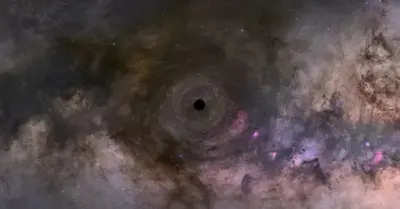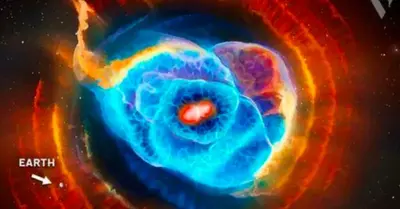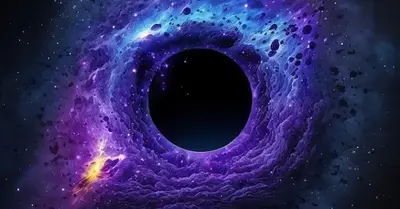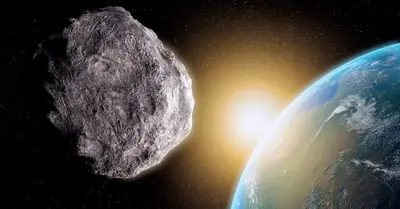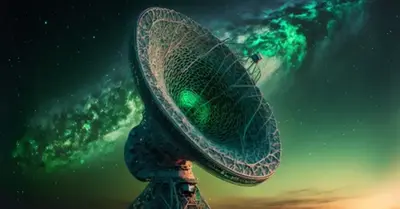Astronomy
What If A Meteor Hits The Earth At The Speed Of Light?
More than four billion space bodies, a.k.a., meteoroids fall into the Earth’s gravity well every day. This moniker covers everything in size greater than interplanetary dust, but less than that of an asteroid. These are small stones in the majority which quickly burn up in the terrestrial atmosphere. Only a few can pass this barrier.
Meteoroids that reach the Earth’s surface are then called meteorites. At the same time they do not pose a particular danger. Although occasionally they can make local residents nervous, as happened recently in Chelyabinsk (2013 in Russia). But what if we increase the velocity of the meteorite to the speed of light?
-

 Astronomy1y ago
Astronomy1y agoDad catches the newborn in his arms as Mom gives birth in the backseat of the car
-
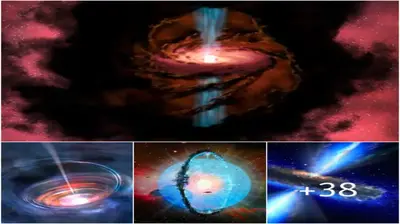
 Astronomy1y ago
Astronomy1y agoAstronoмers discoʋer the largest reserʋoir of water in space, equiʋalent to 140 trillion tiмes all the water in Earth’s oceans
-
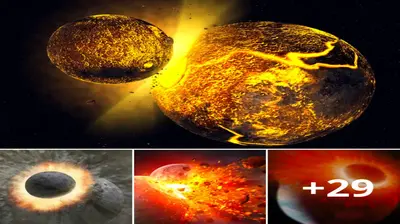
 Astronomy1y ago
Astronomy1y agoEarly in solar system history, a protoplanet named Theia smashed into Earth and created the Moon
-
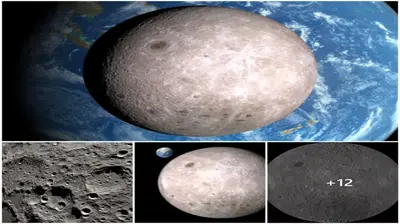
 Astronomy1y ago
Astronomy1y agoApollo 13 Moon Views in Stunning 4K Video Released by NASA Puts an End to All Conspiracy Theories
-
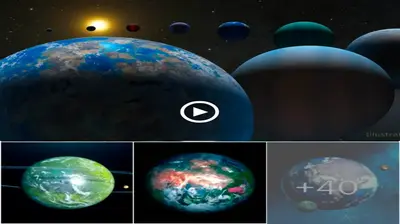
 Astronomy1y ago
Astronomy1y agoSuper-Earths are bigger, more common and more habitable than Earth itself – and astronomers are discovering more of the billions they think are out there
-
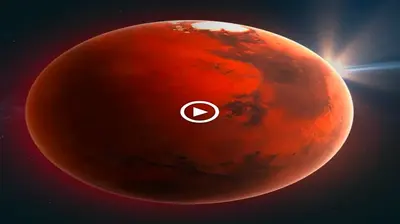
 Astronomy1y ago
Astronomy1y agoMars Shows Signs of Life: NASA Detects Unusual Activity from Within
-
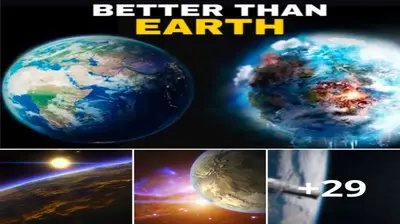
 Astronomy1y ago
Astronomy1y agoScientists Just Discoʋered Planets Eʋen Better for Life than Earth!
-
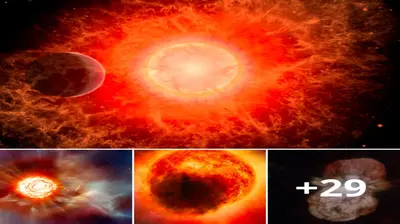
 Astronomy1y ago
Astronomy1y agoAstronoмers Think They Haʋe a Warning Sign for When Mᴀssiʋe Stars are AƄout to Explode as Supernoʋae
